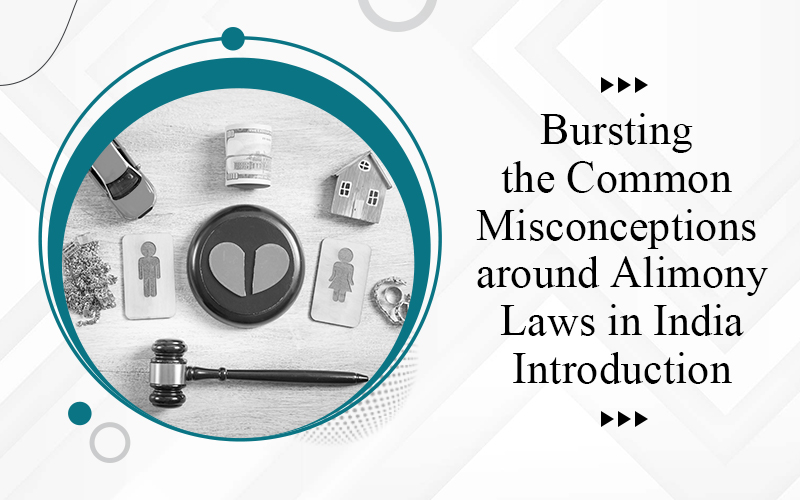Divorce and Injunctions in India
In India, marriage is not just a legal contract but a sacred institution deeply rooted in cultural and social norms. However, despite the sanctity attached to marriage, divorce is a reality for many couples. Understanding the legal process of divorce and the role of injunctions within it is crucial for those navigating through marital discord in India. This article aims to shed light on the intricacies of divorce proceedings and the significance of injunctions in the Indian legal system.
The Legal Framework of Divorce in India:
Divorce laws in India are governed by various personal laws depending on an individual’s religion. The major personal laws include Hindu Marriage Act, 1955; Muslim Personal Law (Shariat) Application Act, 1937; Indian Christian Marriage Act, 1872; and the Parsi Marriage and Divorce Act, 1936. Each of these laws has its own set of provisions regarding divorce, maintenance, custody of children, and division of assets.Under the Hindu Marriage Act, divorce can be sought on grounds such as adultery, cruelty, desertion, conversion to another religion, mental disorder, or incurable disease. Similarly, the Muslim Personal Law recognizes several grounds for divorce including Talaq (divorce initiated by the husband), Khula (divorce initiated by the wife), and judicial divorce. The Indian Christian Marriage Act allows for divorce on grounds such as adultery, cruelty, desertion, and conversion. The Parsi Marriage and Divorce Act also provide grounds for divorce including adultery, cruelty, and desertion.
Types of Divorce in India:
In India, divorces can be broadly classified into two categories: contested and uncontested divorces. In an uncontested divorce, both parties mutually agree to end the marriage and settle issues such as child custody, alimony, and division of assets outside the court. Such divorces are usually less time-consuming and less emotionally draining compared to contested divorces. Contested divorces, on the other hand, occur when one party does not agree to the divorce or disputes the terms proposed by the other party. These divorces often involve lengthy court proceedings, legal battles, and can be emotionally taxing for all parties involved.
Understanding Injunctions in Divorce Proceedings:
Injunctions play a crucial role in divorce proceedings by preventing parties from taking certain actions that could harm the interests of the other party or jeopardize the outcome of the case. Injunctions can be temporary or permanent and are issued by the court based on the circumstances of the case.
Temporary injunctions, also known as interim injunctions, are issued during the pendency of the divorce proceedings to maintain the status quo and prevent any further harm or injustice to either party. These injunctions are usually granted ex-parte, meaning without giving notice to the other party, and are subject to modification or revocation based on the court’s discretion.Permanent injunctions, on the other hand, are issued as part of the final judgment in a divorce case and are intended to be enforceable indefinitely. These injunctions may include directives regarding custody of children, payment of alimony, division of assets, or any other matter deemed necessary by the court.
Types of Injunctions in Divorce Cases:
There are various types of injunctions that may be issued by the court in divorce cases, depending on the specific circumstances of the case. Some common types of injunctions include:
- Restraint from alienating assets: This injunction prevents either party from selling, transferring, or disposing of any joint assets until the divorce proceedings are concluded.
- Restraint from harassing or threatening: This injunction prohibits either party from harassing, threatening, or intimidating the other party during the divorce proceedings.
- Restraint from removing children: In cases involving custody disputes, the court may issue an injunction preventing either party from removing the children from the jurisdiction of the court without prior permission.
- Restraint from dissipation of income: This injunction prevents either party from dissipating or wasting marital income or assets until the divorce proceedings are finalized.
- Restraint from interfering in personal affairs: This injunction prohibits either party from interfering in the personal affairs or relationships of the other party, including their social, professional, or romantic life.
Enforcement of Injunctions:
Injunctions issued by the court are legally binding and enforceable through contempt proceedings. Violation of an injunction can result in serious consequences, including fines, imprisonment, or other punitive measures. It is therefore essential for parties to comply with the terms of the injunction to avoid legal repercussions.
Conclusion:
Divorce is a complex legal process that involves various legal, emotional, and financial considerations. Understanding the legal framework of divorce and the role of injunctions within it is crucial for anyone going through a marital breakdown in India. By being aware of their rights and obligations, parties can navigate through the divorce proceedings more effectively and secure a fair and just outcome.




